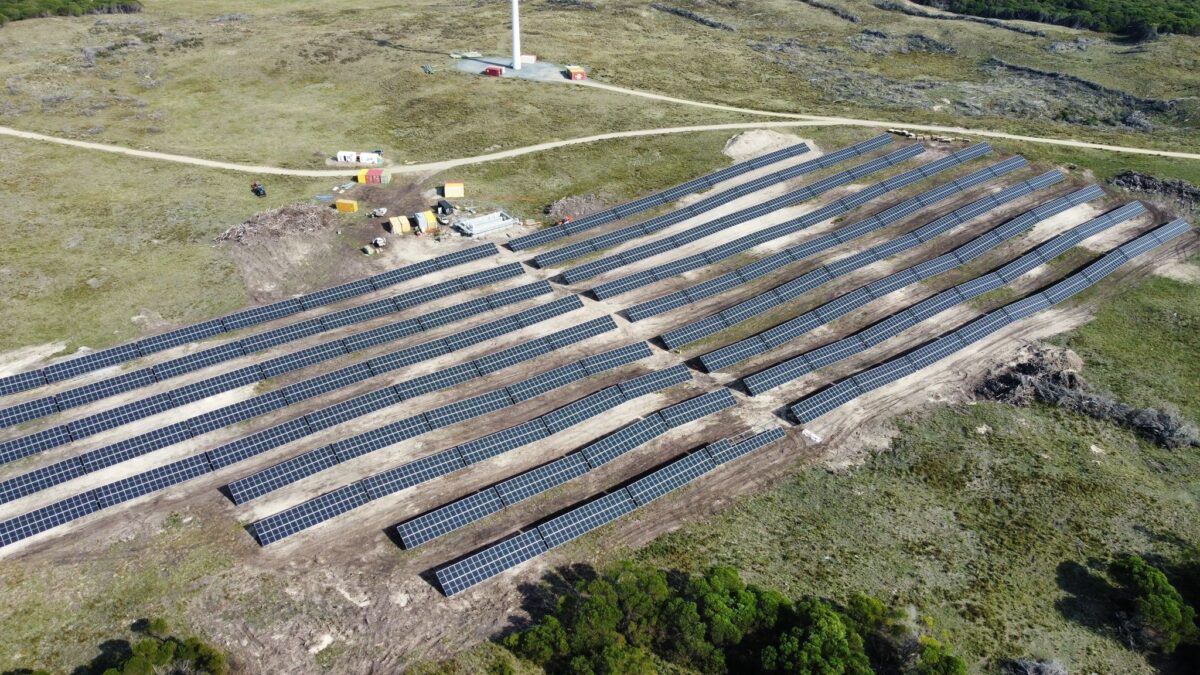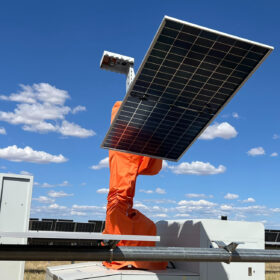A legislative constraint that prevented state-owned utility Hydro Tasmania from building projects greater than 40 MW in capacity without going through a “cumbersome” parliamentary process has now been lifted to 300 MW by the state government.
The state government said regulations have been gazetted and come into effect raising the previous constraining limit that determined if a project was a major power facility from 40 MW to 300 MW.
Tasmanian Energy and Renewables Minister Nick Duigan said the move will help drive new on-island generation and support new solar, wind, and hydro developments.
“This removes the speed limit from Hydro to bring on new generation,” he said.
Under the Hydro-Electric Corporation Act 1995, Hydro Tasmania has required parliamentary approval – described by Tasmanian Premier Jeremy Rockliff as a “cumbersome” process – to develop projects greater than 40 MW in capacity.
“This is an antiquated piece of legislation that has failed to keep pace with both advancements in wind and solar, and the demands of Tasmania’s strong economy,” Rockliff said.
With the new 300 MW limit, Hydro Tasmania can now move forward with the development of projects within that capacity without the need for approval from parliament.
Duigan said the changes would free up Hydro Tasmania to build and partner with private developers in the new solar, wind and hydro projects required to meet the state’s future energy needs.
The Minister said the previous legislation has meant private sector proponents have been leading the charge on planning and development approvals for renewable energy projects.
“The government wants to see Hydro building or partnering to unlock new renewable energy generation in Tasmania,” he said, adding this will allow for Hydro Tasmania to utilise its knowledge, skills, and capacity to support new solar and wind projects, and play a role in building, firming and providing access to markets.
“This will play an important part of Tasmania meeting its legislated commitment to its renewable energy target to double renewable generation by 2040,” he said.
This content is protected by copyright and may not be reused. If you want to cooperate with us and would like to reuse some of our content, please contact: editors@pv-magazine.com.









By submitting this form you agree to pv magazine using your data for the purposes of publishing your comment.
Your personal data will only be disclosed or otherwise transmitted to third parties for the purposes of spam filtering or if this is necessary for technical maintenance of the website. Any other transfer to third parties will not take place unless this is justified on the basis of applicable data protection regulations or if pv magazine is legally obliged to do so.
You may revoke this consent at any time with effect for the future, in which case your personal data will be deleted immediately. Otherwise, your data will be deleted if pv magazine has processed your request or the purpose of data storage is fulfilled.
Further information on data privacy can be found in our Data Protection Policy.